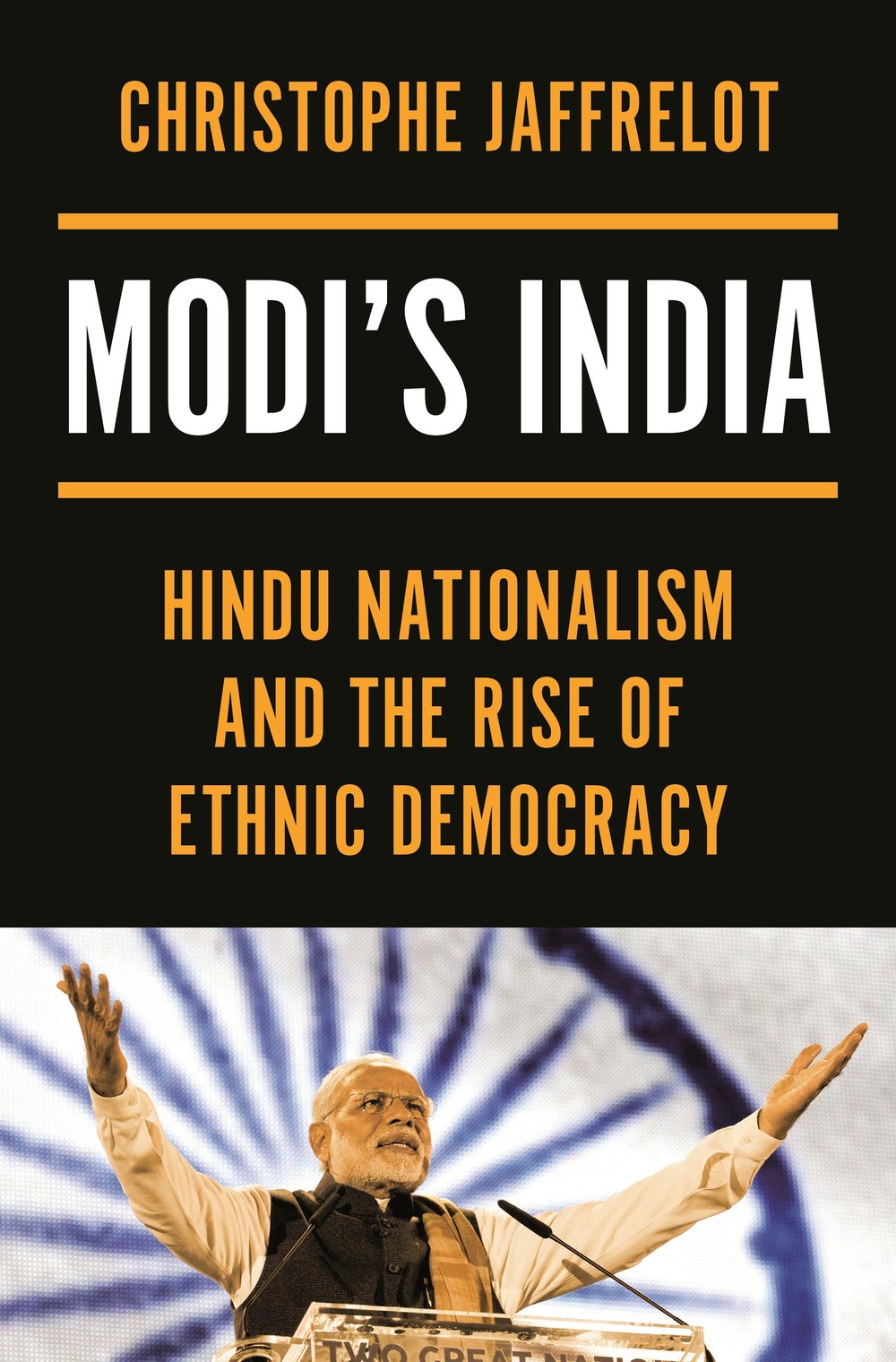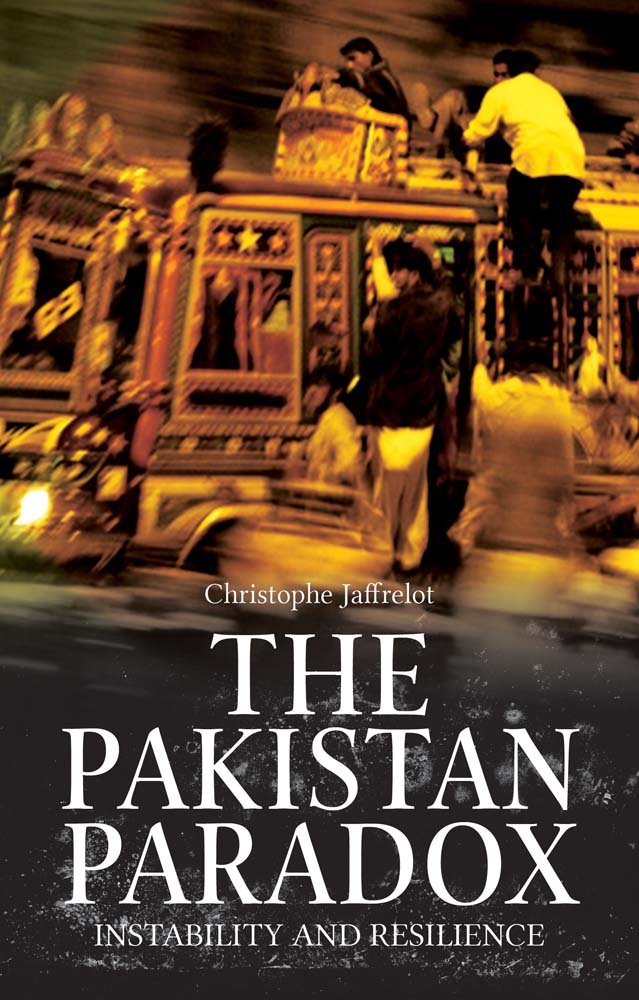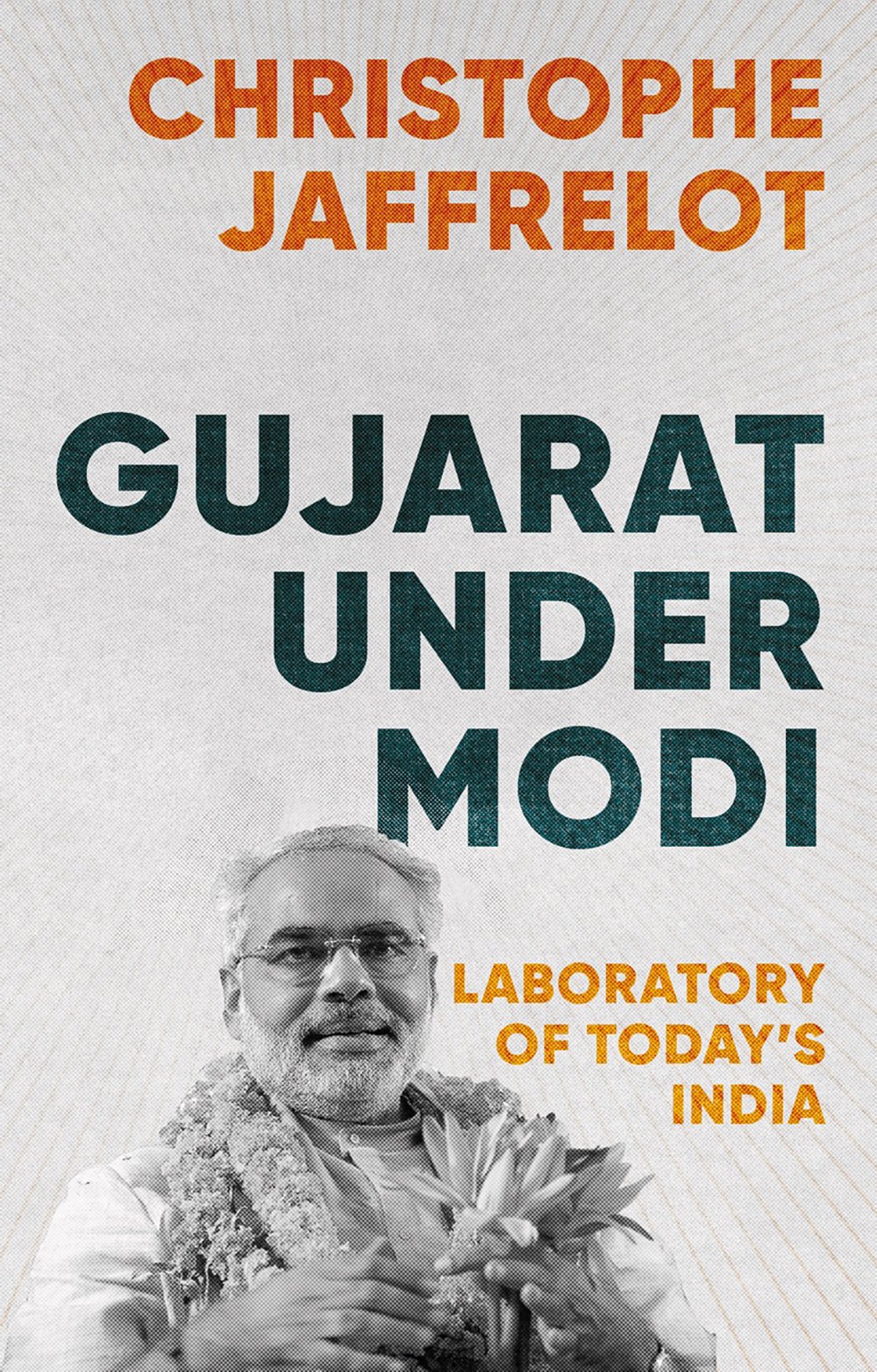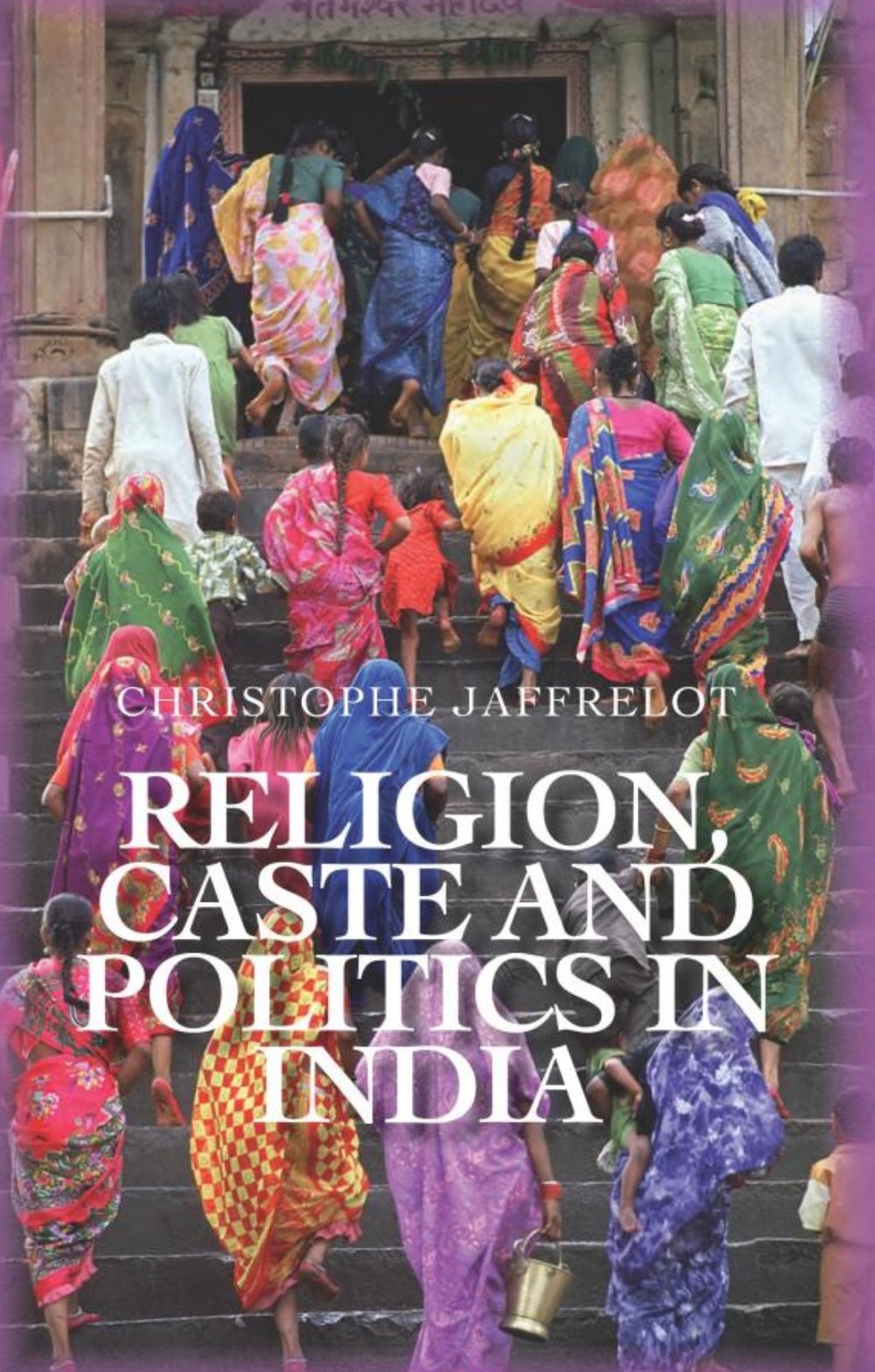Hindu Nationalist Movement and Indian Politics
1925 to the 1990s
Christophe Jaffrelot
Buy Book
The violent campaign to erect a temple to Lord Ram on a site occupied by a mosque in the north Indian city of Ayodhya is only the latest manifestation of extreme Hindu nationalism. Hindu chauvinists argue that India's Hindu heritage was usurped by the secular idealism of the Nehru dynasty and their "pandering" to the interests of minorities, above all the 120 million Muslims. In the 1991 general election the Bharatiya Janata party (BJP), the principal political vehicle for Hindu militancy, won some notable victories and became the largest opposition party in parliament. Christophe Jaffrelot presents a study of the Hindu nationalist phenomenon and explores the movement's use of religious symbolism and popular iconography, thereby combining anthropology and political history. He begins by tracing the origins of the RSS - a party that Nehru described as "the Indian version of fascism" and which was proscribed following Mahatma Gandhi's assassination in 1948. This is followed by an analysis of the Bharatiya Jana Sangh, the most successful first-generation Hindu nationalist party, its opposition to Indira Gandhi, involvement in the JP movement and later integration into the Janata party coalition; the formation of the BJP; the relaunch by the RSS of a "front" organization, the VHP; and the BJP's change of strategy and consequent electoral success in 1989-1991.





